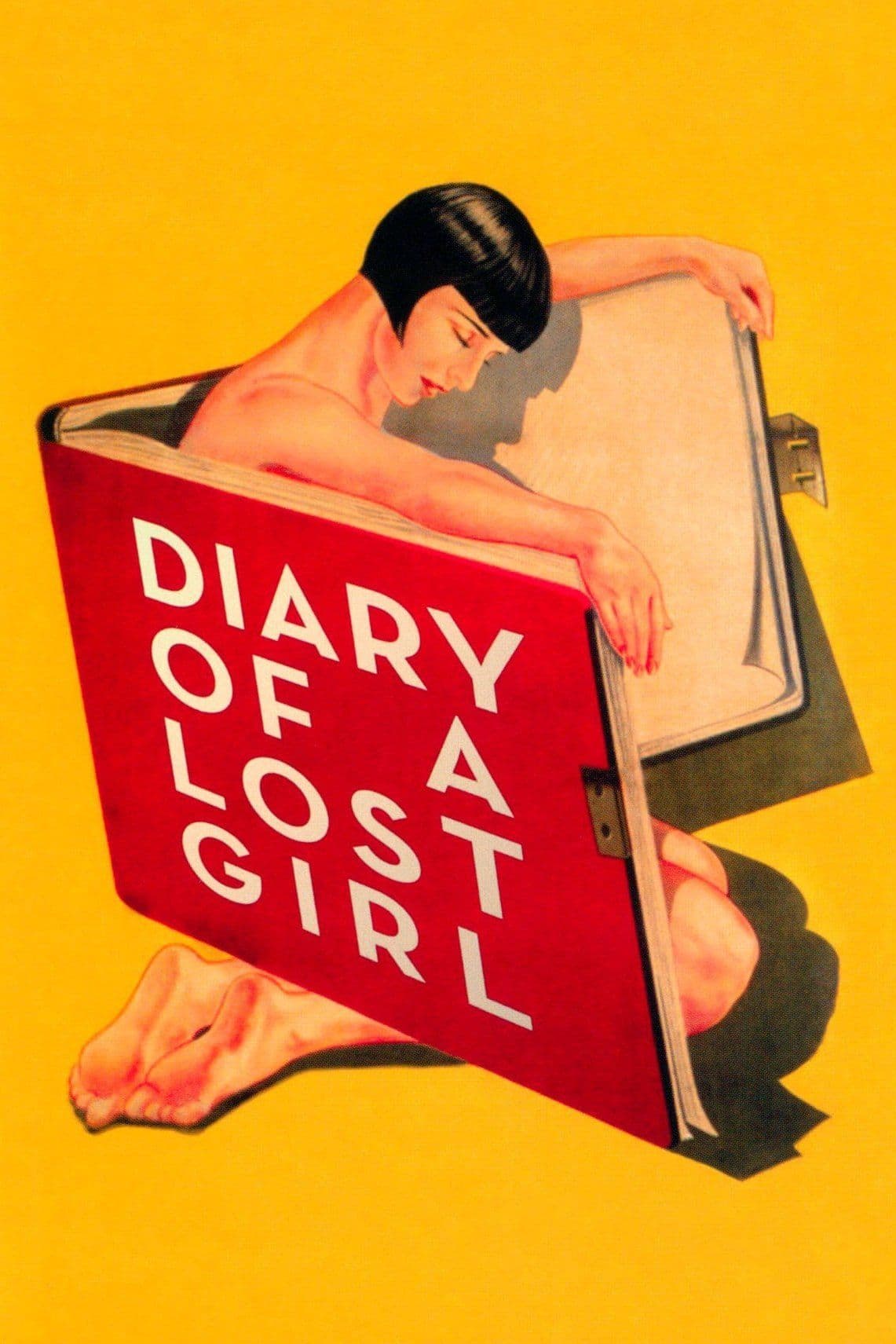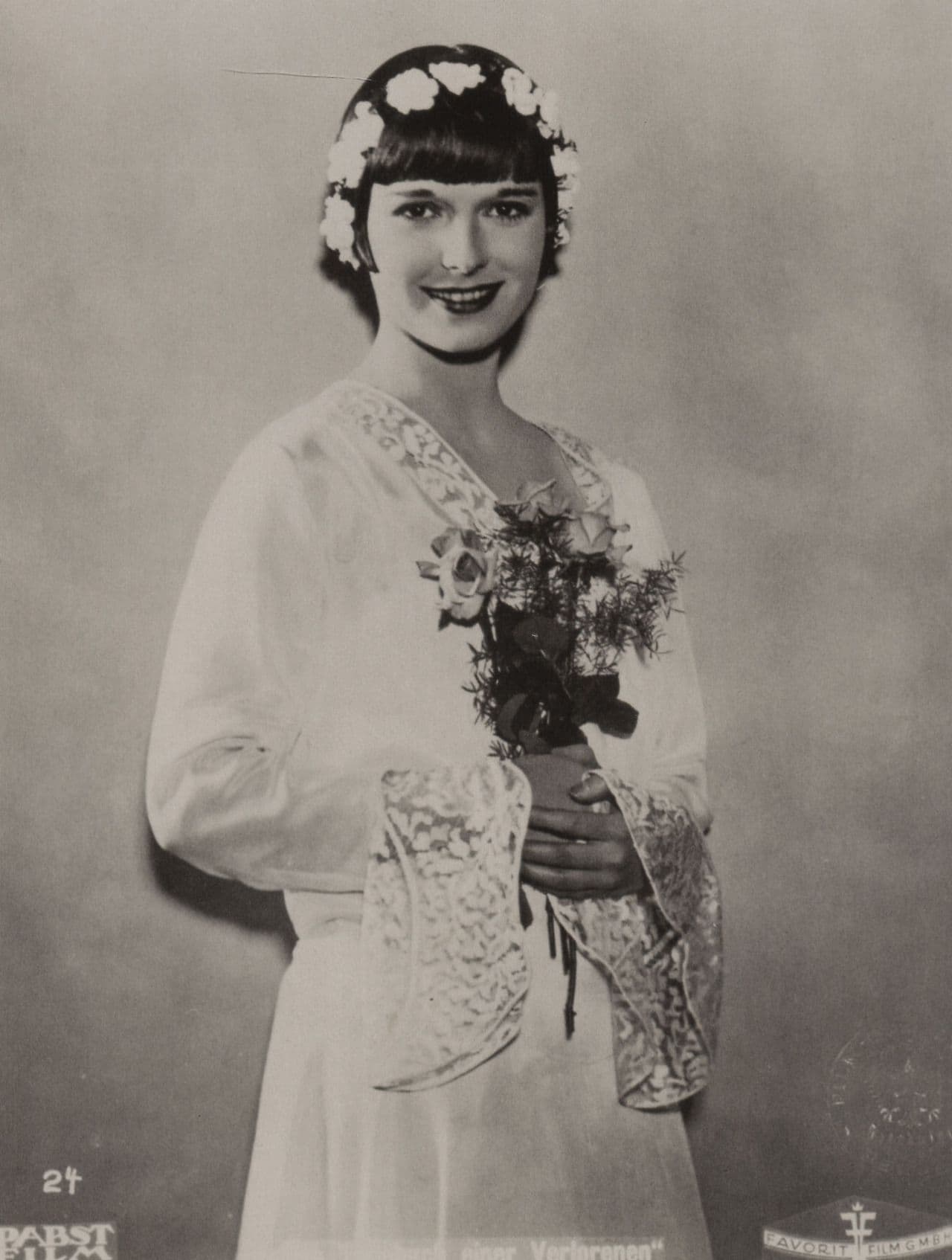
Diary of a Lost Girl
1929
Rate this movie
Average: 0.00 / 5
(0 votes)
Director
A journey through perdition, the total annihilation of a woman, her Freudian social decline leading to resurrection through the very destiny that so intimately wounded her. It is an odyssey that resonates with the disquiet and profound transformations of an era, that of the Weimar Republic, where bourgeois certainties began to crumble under the thrust of new social and psychological sensibilities. From a splendid novel by Margarete Böhme, a scandalous bestseller that already denounced the double standards of its time, shrewdly adapted by an excellent Leonhardt and staged by a brilliant Pabst with surprisingly modern techniques – light contrasts that sculpt the soul, obsessive long takes that drag the viewer into a vortex of ineluctable events, and a sequence of close-ups that reveals every inner tremor – "Diary of a Lost Girl" is not just cinema, but a ruthless diagnosis. It is a work that delves into the abyss of the female condition in bourgeois society, sharply denouncing the hypocrisy and structural violence hidden behind a facade of respectable prudishness and moral corruption. Pabst, with his almost clinical sensibility and critically sharp gaze, transforms the protagonist's story into a relentless indictment against a patriarchal society that not only oppresses and destroys women but denies them any glimmer of freedom and dignity, relegating them to the role of objects or sacrificial victims on the altar of conventions. This film, an emblem of the New Objectivity (Neue Sachlichkeit) movement, reflects post-war disillusionment and the need for a cinema that does not evade but confronts reality in its raw complexity.
Thymian, the young daughter of a pharmacist, lives a serene and protected existence until the idyll is shattered by the seduction and violence perpetrated by Meinert, her father's assistant, a figure embodying bourgeois pettiness. The discovery of her pregnancy, an unbearable scandal for the era, and Meinert's scornful refusal to take any responsibility, plunge Thymian into the abyss of abysmal despair. Her father, blinded by a fit of rage and the terror of social stigma, casts her out of the house without hesitation, condemning her to a downward spiral that first leads her to a rigid and inhumane correctional institution. Here, within the oppressive walls of an institution that purports to be moralizing but is in reality a nightmare of systematic abuse and humiliation, Thymian undergoes a second, deeper, stripping away of her identity. Having escaped or been discharged, she then finds herself in a lavish luxury brothel, a gilded purgatory where degradation is veiled by apparent elegance. In this ambivalent environment, Thymian not only learns about the harshness of life and the ruthlessness of men but, with a surprising insight from Pabst, also encounters glimmers of unexpected compassion and solidarity, such as that offered by Countess Geschwitz, a character of complex and tragic nature, who falls in love with her, offering an alternative to heteronormative love and a refuge from social expectations. This brothel becomes a microcosm of unconventional truths, a place where masks fall and human bonds are revealed in their rawest and most honest essence. One day, in one of the plot's most bitter turns, Thymian coincidentally encounters Meinert, now married and seemingly respectable, whose hypocrisy appalls her. Determined to take control of her destiny, she decides to escape the brothel with the Countess's help, embarking on a journey that will lead her to confront her past and seek a new life. Her path, far from linear, sees her redeem herself through the love of a young count who welcomes her into his home and offers her a semblance of serenity. But her desire for justice, far from being quelled by her newfound comfort, still burns, and ultimately Thymian returns to confront Meinert and denounce his crimes, finally achieving a revenge that is not merely personal but symbolic against a system that protects the guilty.
Pabst uses the camera with a mastery that transcends the conventions of his time, alternating intense close-ups, capable of delving into the most recondite folds of Thymian's soul, with long shots that mercilessly emphasize the protagonist's solitude and isolation in the vast and indifferent social landscape. The scenes shot in the correctional institution, with their claustrophobic and oppressive atmospheres, are a masterful example of how Expressionist cinema, while not Pabst's only stylistic hallmark, is here bent towards social denunciation, using lights and shadows to create not only a sense of anguish and alienation but also to evoke the brutality of a system that annihilates the individual. Louise Brooks' performance as Thymian is nothing short of extraordinary, and deserves a chapter of its own in film history. With her fragile beauty and enigmatic quality, her intense and almost hieratic gaze, the actress manages to convey all the silent suffering and unwavering strength of a woman who fights not only for her physical survival but for the preservation of her dignity. Her famous "bob" hairstyle and iconic figure have become a symbol of modern, self-asserting femininity that defies conventions. Her acting style, devoid of any melodramatic emphasis typical of the era, possesses a disarming modernity, anticipating naturalism and understatement by decades. A portrait of a woman unsettling in its lucidity, which Pabst had already explored with her in the previous masterpiece, "Pandora's Box," creating an unparalleled diptych on the modern woman between liberation and destruction. Thymian's story, with its parable of fall and redemption – which is more a painful realization and a claim of agency than redemption – is a timeless warning against social indifference and violence, an emphatic call to fight for a more just and supportive world. The film's enduring strength lies in its ability to combine the sharp incisiveness of social denunciation with the disarming depth of psychological analysis, creating an unforgettable portrait of a woman, capable of moving and provoking thought even today with an almost prophetic relevance. Watching this film still leaves today a suppressed sense of anger mixed with unconditional admiration for this titanic female figure, a monument to cinema that dares to explore the abysses of the human soul and the hypocrisies of society.
Genres
Country
Gallery




Comments
Loading comments...